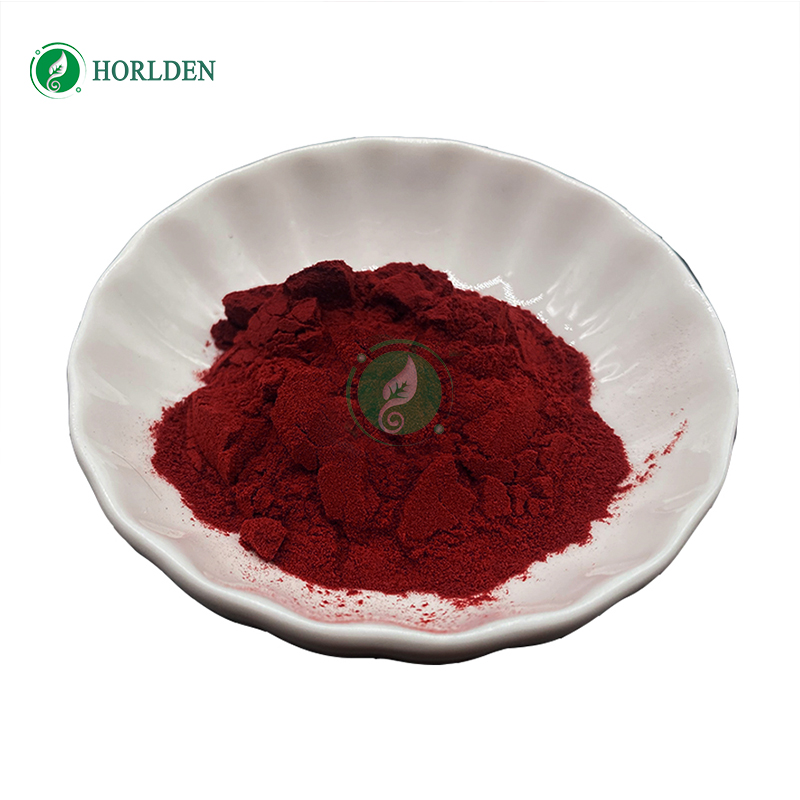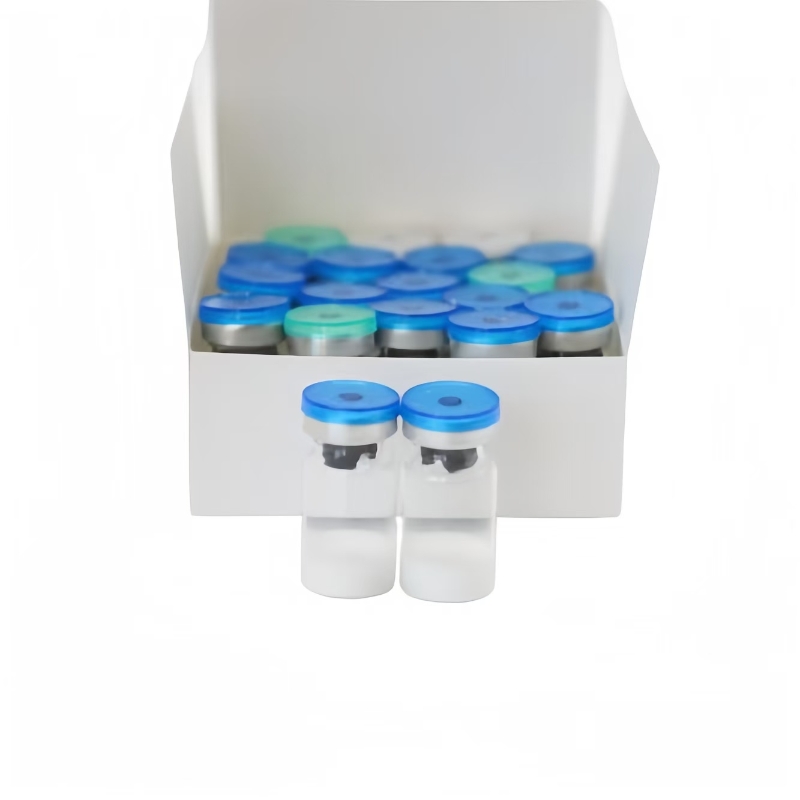-
Categories
-
Pharmaceutical Intermediates
-
Active Pharmaceutical Ingredients
-
Food Additives
- Industrial Coatings
- Agrochemicals
- Dyes and Pigments
- Surfactant
- Flavors and Fragrances
- Chemical Reagents
- Catalyst and Auxiliary
- Natural Products
- Inorganic Chemistry
-
Organic Chemistry
-
Biochemical Engineering
- Analytical Chemistry
-
Cosmetic Ingredient
- Water Treatment Chemical
-
Pharmaceutical Intermediates
Promotion
ECHEMI Mall
Wholesale
Weekly Price
Exhibition
News
-
Trade Service
Researchers at the University of South Australia have found that a protein that makes breast cancer worse may lead to the development of new treatments for breast cancer, the University of South Australia said in a statement.The researchers found that the protein, called Creld2, is closely associated with several types of highly invasive breast cancer, which "hijacks" healthy cells to promote tumor growth. The paper was published in the British journal Nature Cell Biology.Michael Samuel, an associate professor at the University of South Australia and one of the study's lead researchers, said the protein appeared to "behave abnormally" in normal healthy cells around the tumor, helping the tumor grow. His team is currently working on treatments that destroy or block the protein's function, with the aim of preventing breast cancer from developing and spreading in the body.Researchers have found high levels of Creld2 protein in triple-negative breast cancer. This type of breast cancer accounts for about 15 per cent of breast cancer cases in Australia. Triple-negative breast cancer is difficult to treat, has a low survival rate, and often affects young women.In addition, the researchers found high levels of Creld2 protein in kidney cancer, non-melanoma skin cancer, and invasive squamous cell carcinoma. Samuel said poor prognosms for these types of cancers, if they disrupt or block the protein's function, could prevent them from developing. (
.
)







